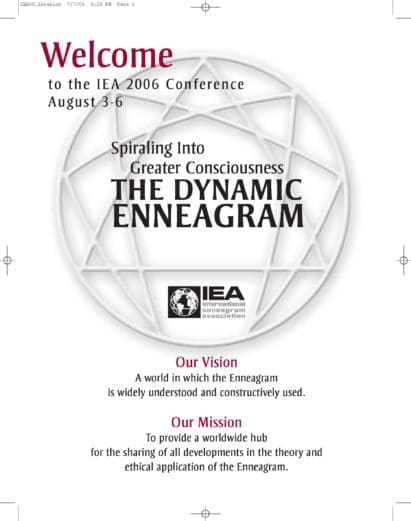Schemas are stable and enduring patterns of thinking that develop during childhood and are elaborated throughout our life. We view the world through our schemas or lenses, which are important beliefs and constructs about the world and ourselves. Since we accept these schemas without question, they become selfperpetuating and are very resistant to change. To the extent that our schemas accurately represent reality, they clarify our vision and are useful and self-serving. If our schemas are out of date, they distort reality and end up being self-defeating. Schemas exert their influence on our behavior and strive to ensure their own survival through three processes: schema maintenance, schema avoidance, and schema compensation. We’ll consider how these processes operate in the nine Enneagram styles. We’ll see how our schemas maintain themselves by exaggerating information that confirm them or minimizing data that contradict them. We’ll discover how we avoid triggering our maladaptive schemas to escape the negative emotions they stir up. And we’ll investigate how we compensate for these schemas by doing the opposite of what they suggest to evade triggering the pain they cause. We’ll discover some adaptive or useful schemas for each Enneagram style and some typical maladaptive not-so-helpful schemas for each type. This workshop will involve input, personal reflection, small group sharing, and large group feedback.


